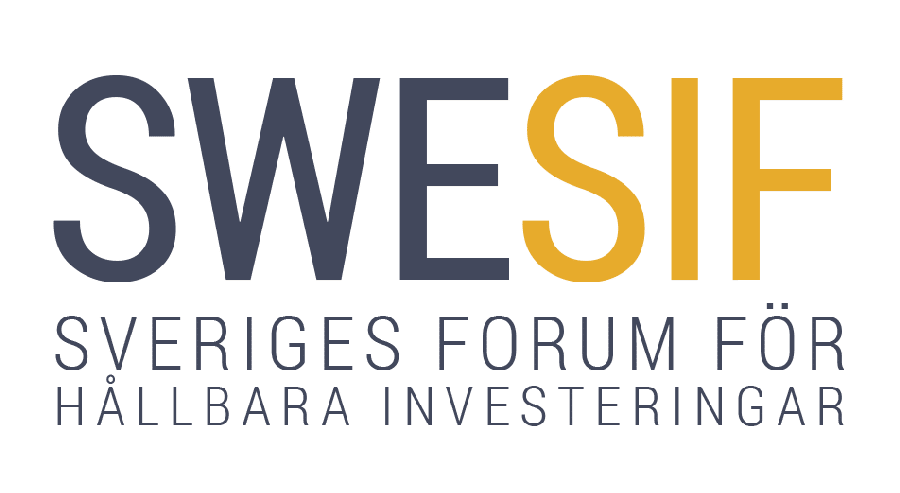It’s springtime for sustainable investment. Ever since the UN Sustainable Development Goals were launched in 2015, responsible investors around the world have been stepping up efforts to integrate non-financial aspects related to the environment, social responsibility and corporate governance (ESG) into their decisions. Environmental awareness among financial actors has improved dramatically. The analysis of portfolio company governance, while always important for risk-conscious investors, has also become more important. In contrast, the social dimension of the triad has only recently begun to receive serious attention.
There are logical explanations for why investors have been somewhat slower to embrace the ‘S’ in ESG. This is partly because social aspects can be challenging to define and measure. Although most investors agree that the way a company manages its relationships with various stakeholders, from employees and customers to society at large, provides valuable information about its future performance, it is often a challenge to gather relevant data and to prove and quantify this impact. Social issues are often perceived as observable but not measurable externalities. And there is a broad consensus in the financial industry that one can only deal with what can be measured.
However, within the broad and complex ‘S’ pillar of sustainability, there is one area where the lack of data and analysis is not the main challenge. Gender equality is relatively easy to define and measure, both within companies, sectors and countries and globally. Unfortunately, the availability of clear criteria and more statistics than in many other ‘S’ areas is not enough. The gender gap persists and there are signs that the situation has worsened in some respects in the wake of the Corona pandemic.
How close are we?
The 2021 edition of the UN’s Progress towards the Sustainable Development Goals report, which compiles the latest available information on gender equality, while pointing to some progress made since 2015, also expresses continued concern about the COVID-19 pandemic and its immediate impact on women’s well-being.
The report shows that women and girls continue to be disproportionately affected by the socio-economic consequences of the pandemic, struggling with lost jobs and livelihoods, interrupted education and increased burdens of unpaid care work. At the same time, women’s health services, which have always been poorly funded, have suffered major disruptions that undermine women’s sexual and reproductive health. And despite women’s central role in COVID-19 work, including as frontline health workers, their accountability is rarely reflected through leadership positions.
For the first time, the UN report also includes the latest data for each indicator under Goal 5 (Achieve gender equality and empower all women and girls). This makes it easier to monitor global and regional progress towards gender equality to date. The analysis shows that there is still a long way to go. Globally, only one of the 18 indicators, including sub-indicators, is considered “close to the target”. The data available over time show limited or no progress in the different regions.
The full impact of the COVID-19 pandemic is not yet known, but is expected to further impair progress. Strong legal and policy measures, as well as increased resources, are crucial to halting progress and getting back on track. The gloomy conclusion is that if progress is not accelerated, the international community will fail to achieve Sustainable Development Goal 5.
What is the situation in Sweden?
Back home, the latest progress report compiled by Allbright, Businesswomen Defying the Pandemic, sounds much cheerier. The difference is significant since last year when Allbright’s CEO Amanda Lundeteg expressed great concern about the situation. “In times of crisis, work on gender equality and diversity falls by the wayside, at best it is shelved. The Corona crisis is used as an alibi for not having to do a thing,” Lundeteg wrote in 2020 (Pandemin backs the band).
There are several positive news to rejoice about since then. “Women are increasingly taking their place in the business world and are visible in more leading roles, after last year’s setback,” writes Maija Inkala, spokesperson for Allbright, in the introduction to the latest report. According to the report, after a three-year hiatus, women are joining more stock market boards – up from 34 to 35 percent. The number of women in the stock exchange’s management teams is also increasing by two percentage points, and the number of female CEOs has risen by a quarter. Inkala adds that far more Swedish company executives and boards are now talking openly about diversified organisations as a business issue.
Despite these encouraging signs, it is clear that there is still much to be done, even here in Sweden. According to Allbright, Swedish women are still far behind men in terms of real power as owners. One telling example cited in the report is that among executives on stock exchange management teams, women own less than 1% of the total share value owned by senior executives. “The majority of companies on the stock market are stuck on the road to gender equality, and there are more unequal companies than ever,” Inkala notes.
Allbright’s report concludes with a number of observations and advice from companies that have been relatively more successful in their gender equality and diversity efforts. Their message can be summed up in three words: aim, measure and educate.
These watchwords apply not only to business leaders, but just as much to responsible investors. And they can usefully be applied even more broadly than to gender equality. It may be challenging to work proactively on the social aspects of sustainability, but the benefits of doing so are many. So let’s stop blaming the ‘S’ in ESG for being vague and unattainable. Target, measure and educate instead.


